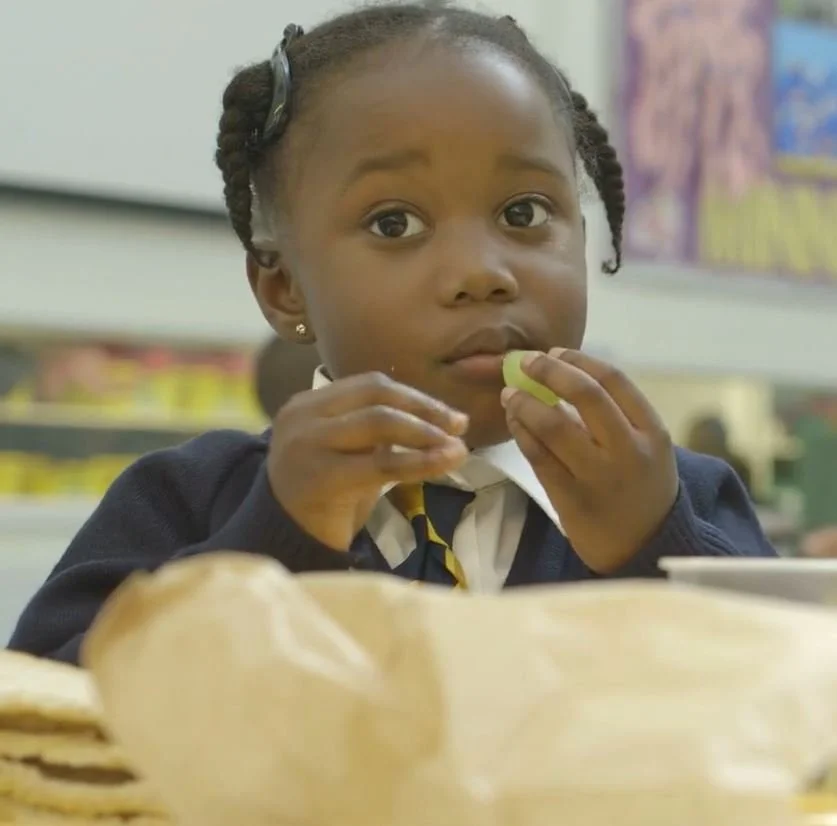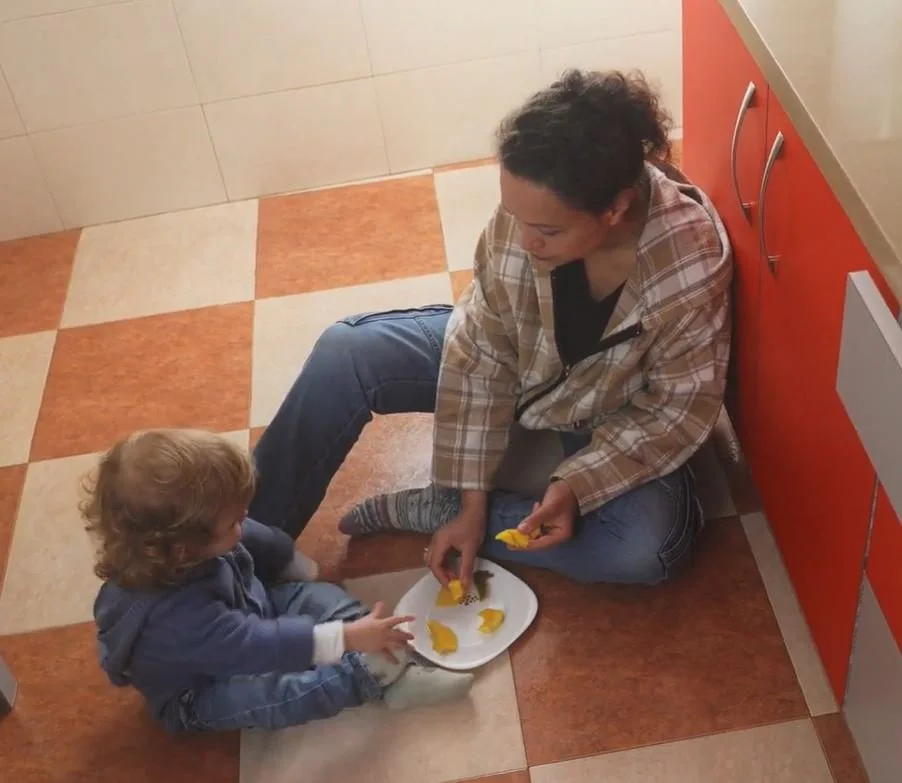WHY IS FOOD RESOURCE NEEDED?
Food poverty is a major and growing issue in the UK, affecting millions of households and disproportionately impacting children, disabled people, low-income families, and minority groups. The ‘Trussell Trust’ reports: one in six households went hungry last year. Britain is facing ‘new normal’ of increasingly severe hardship across society.
SCALE OF THE ISSUE
Having a job is no longer a defence against hunger, people in low-paid or precarious work such as carers and bus drivers were among those at risk of food insecurity - meaning they regularly could not afford to eat or had to skip meals.
In the past year, 3 in 10 people referred to food banks even though they were in a working household. This is up from 24% in 2022. 31% of children under five face ‘food poverty’ and nearly 3 million face hunger by missing meals.
The ‘Trussell Trust’ has 1,400 food bank outlets across the UK and said it was “increasingly clear” the government could not fulfil manifesto promises unless it urgently tackled the “disturbingly high level” of severe hardship in many communities. Trussell goes on to say that the government are yet to produce a “clear and fit for purpose” plan to tackle entrenched hunger and hardship, and has called for “more determined action” from ministers to meet the public’s desire for “visible signs” of improving living standards. The UK ranks among the highest in Europe for food poverty rates. (Source: Guardian Newspaper).
We are here to help.
WHO IS AFFECTED?
Households with children – especially single-parent families.
Disabled people – three times more likely to experience food insecurity.
Universal Credit recipients – more than half experience food insecurity.
Non-white ethnic groups – higher rates compared to white groups.
Low-income and private renters – most vulnerable to food price rises.
CAUSES
Cost of living crisis – rising food and energy prices outpacing wages.
Inadequate welfare – Universal Credit and other benefits fail to cover basic needs.
Brexit – border checks and trade barriers contributing to higher food costs.
Other pressures – unemployment, disability, and limited access to affordable nutritious food.
IMPACT ON FAMILIES
Meal skipping – adults and children regularly miss meals; some go whole days without food.
Nutritional decline – reduced intake of fruit, vegetables, and healthy food.
Child welfare – food poverty deepens the child poverty crisis, leading to poor health outcomes, stunted growth, and developmental issues.
FOOD BANKS & SUPPORT
Over 2,500 food banks operate across the UK.
Trussell Trust: ~1,700 centres.
Independent Food Aid Network (IFAN): 1,100+ food banks.
Schools: ~4,250 school-based food banks now provide crisis support.
Demand for food parcels continues to rise year-on-year.
COMMUNITY & CHARITY
Redistribution networks like Fare Share, Felix Project, Too Good To Go, Olio, Under One Sky salvage surplus food and redirect it to families.
Food Source UK aims to support and connect existing initiatives, fill service gaps, and ensure food aid is delivered with dignity.
OUTLOOK
Food poverty in the UK has shifted from being an emergency issue to a systemic problem, driven by structural inequalities and ongoing economic pressures. Without stronger government action—through improved welfare support, access to affordable nutritious food, and cost-of-living relief—the problem is projected to deepen.





